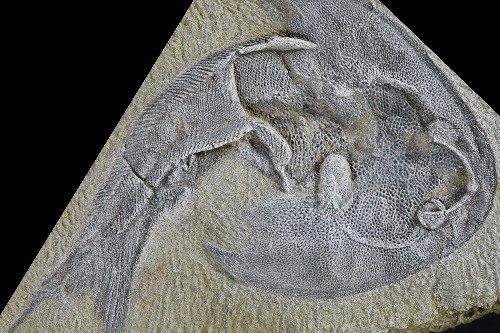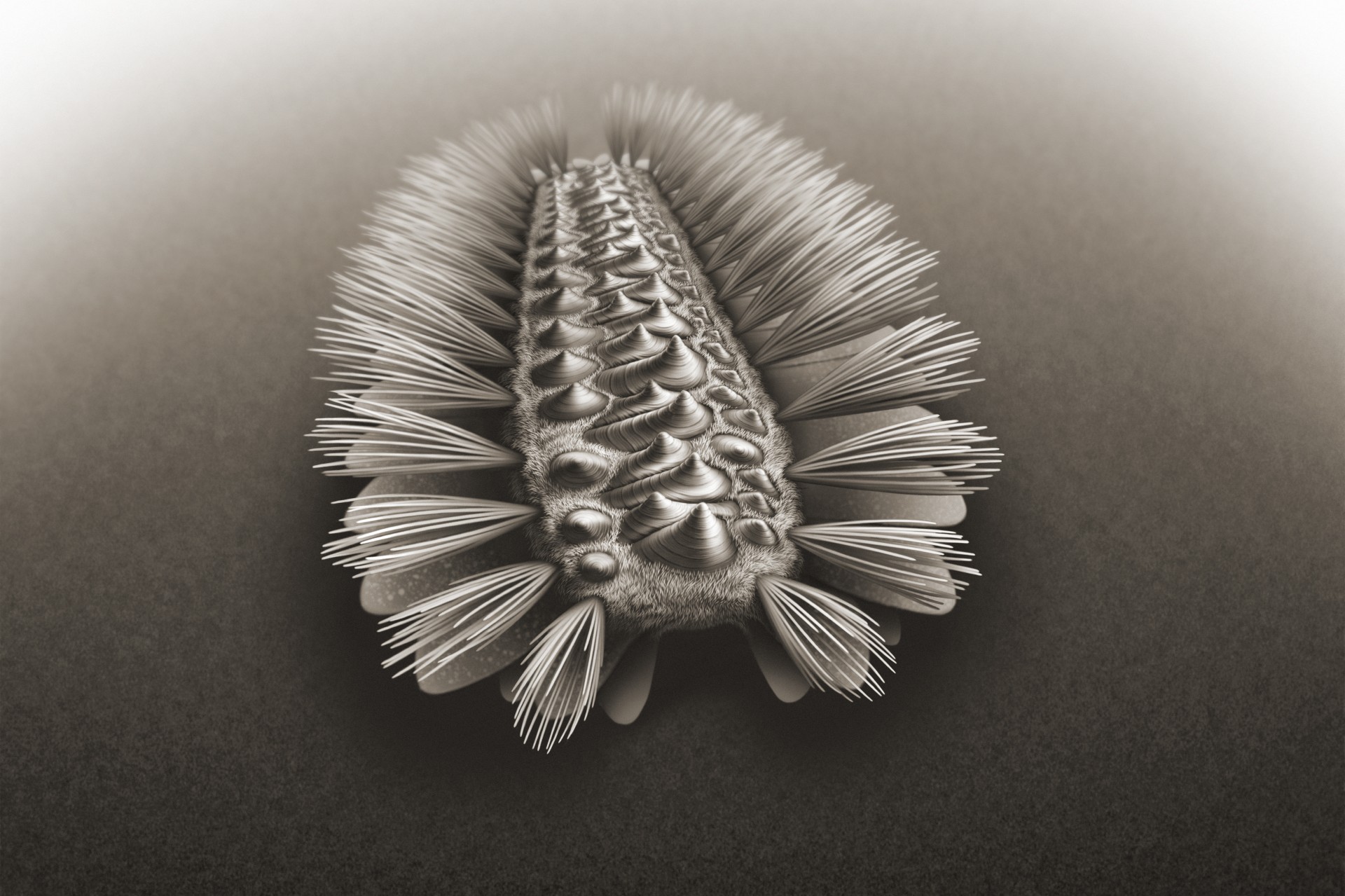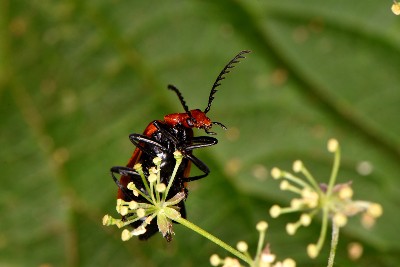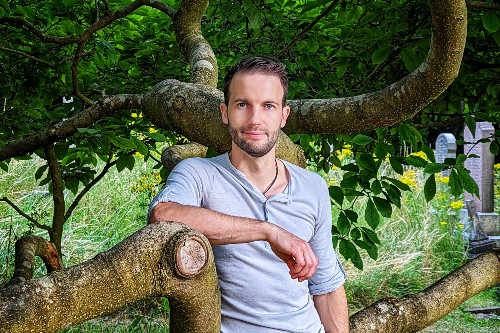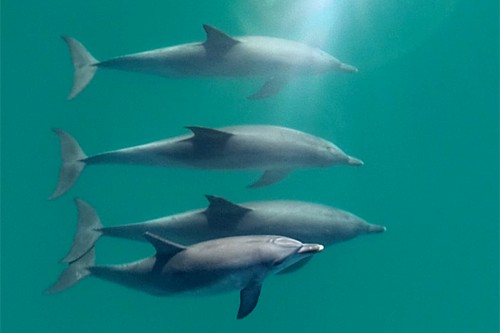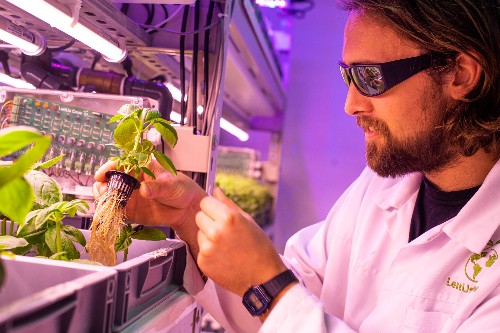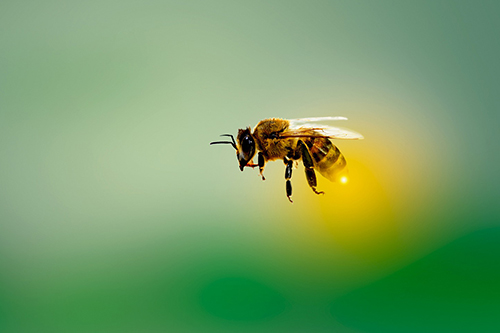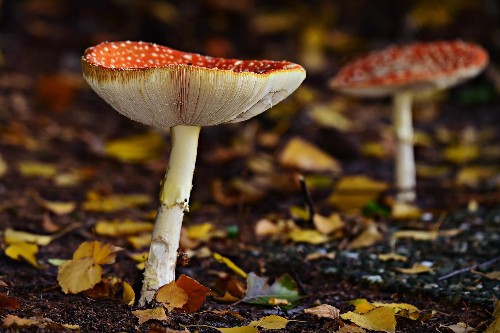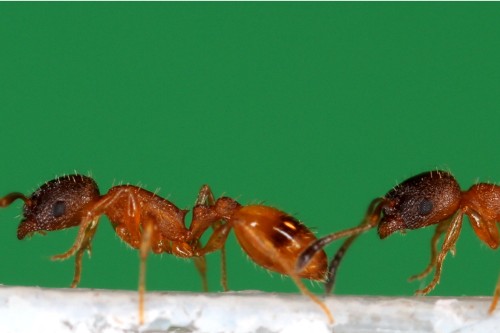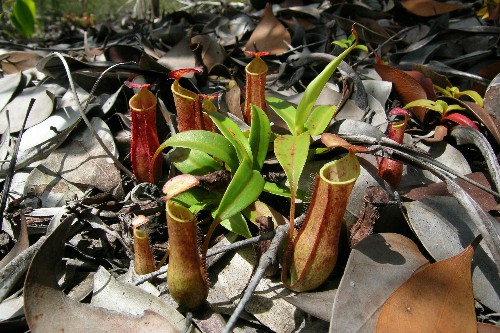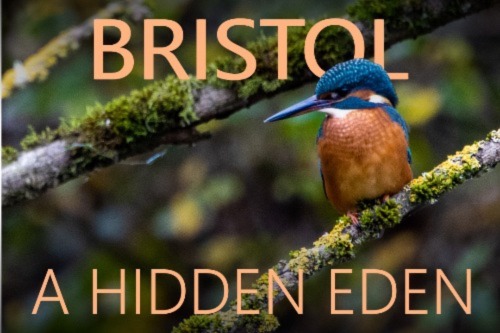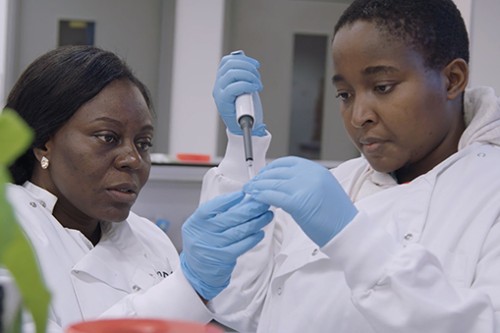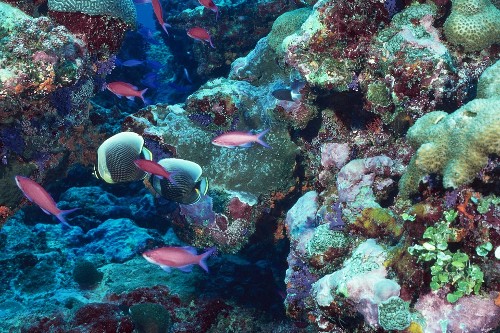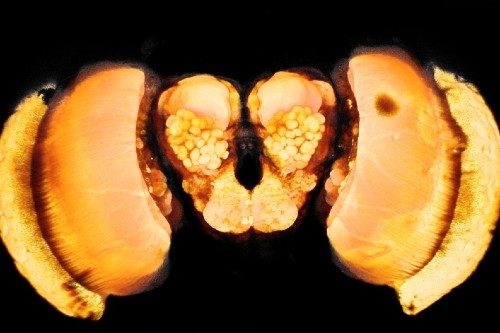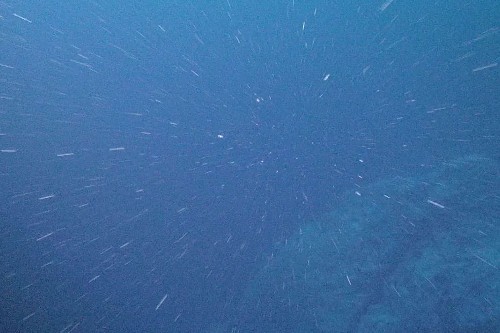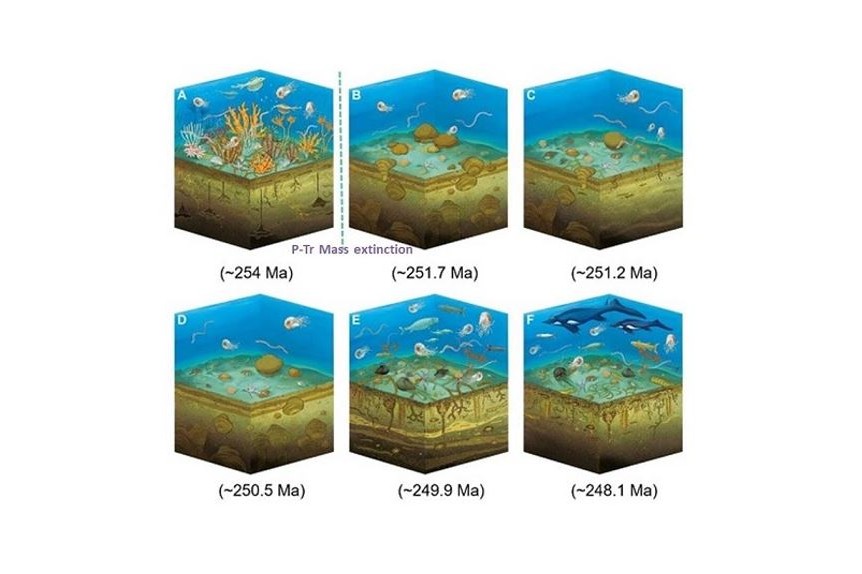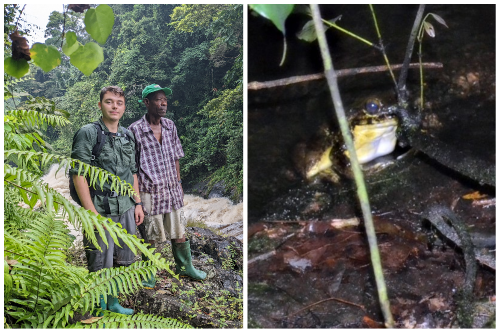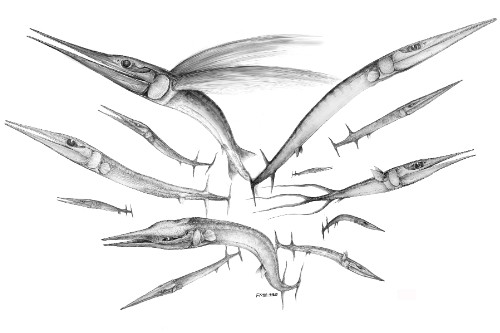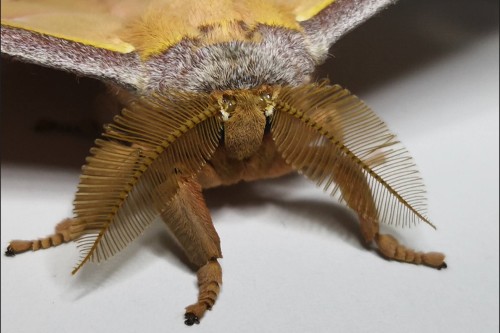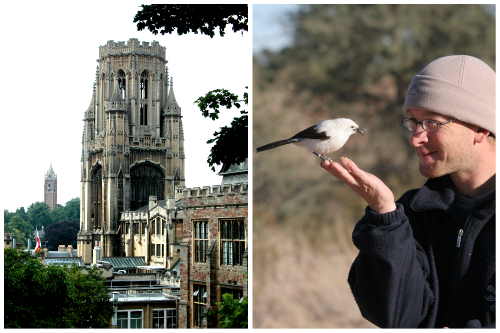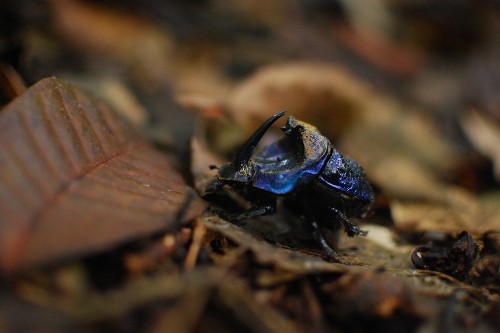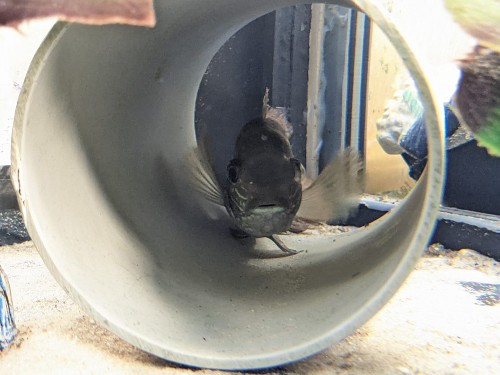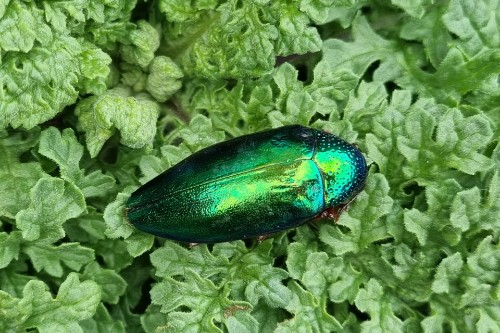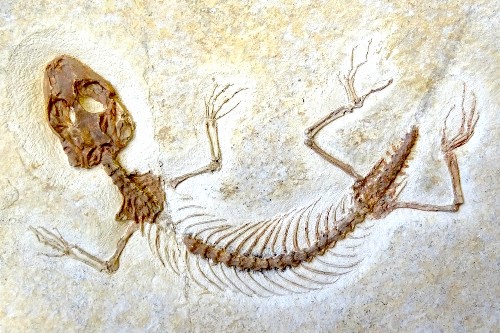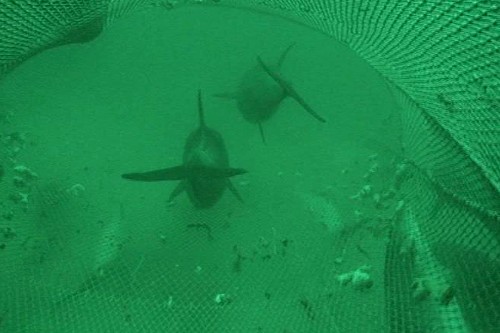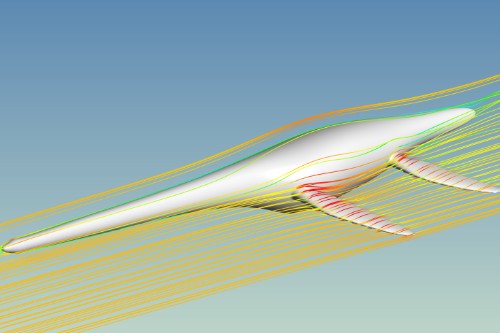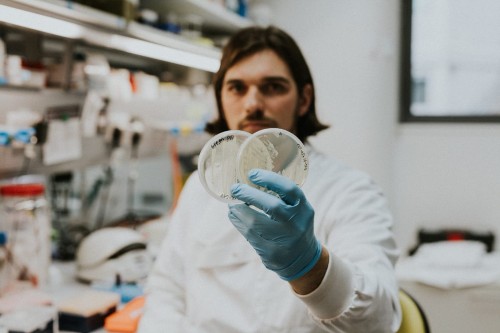Scientists discover what was on the menu of the first dinosaurs
The earliest dinosaurs included carnivorous, omnivorous and herbivorous species, according to a team of University of Bristol palaeobiologists.
The earliest dinosaurs included carnivorous, omnivorous and herbivorous species, according to a team of University of Bristol palaeobiologists.
A University of Bristol professor has been praised for his “unstinting dedication” as he won a prestigious Times Higher Education (THE) Award.
A total of six researchers from the University of Bristol have been awarded European Research Council (ERC) Grants totalling around 1.5 million Euros each. This places the University joint second in the UK in terms of the number of Grants awarded from the 2022 call.
Social bees such as honeybees and bumblebees have larger foraging ranges, according to researchers at the University of Bristol.
University of Bristol academics, Drs Ellen Brooks Pollock OBE, Leon Danon, Robert Challen, Amy Thomas and Emily Nixon have been recognised for their epidemiological modelling work supporting the UK government’s response to the coronavirus pandemic.
Pollinators are less likely to land on flowers sprayed with fertilisers or pesticides as they can detect electric field changes around the flower, researchers at the University of Bristol have found.
The electric charge of insects can cause changes in the electricity of the atmosphere which are comparable with weather processes, researchers at the University of Bristol and University of Reading have found.
Recordings of a boxing kangaroo, decoy gull heads and an experiment in high definition video are among nearly 300 natural history films digitised as part of the ‘Making Wildfilm History Archive Project’.
Early Jurassic ichthyosaur juveniles show predatory specialisations, scientists at the University of Bristol have revealed.
A trove of fossils in China, unearthed in rock dating back some 436 million years, have revealed for the first time that the mysterious galeaspids, a jawless freshwater fish, possessed paired fins.
An international team of scientists, including from the Universities of Bristol and Oxford, and the Natural History Museum, have discovered that a well-preserved fossilised worm dating from 518-million-years-ago resembles the ancestor of three major groups of living animals.
The University of Bristol is one of the best places in the UK to study engineering, education, languages and animal sciences courses.
Insects have weak ability to adjust their thermal limits to high temperatures and are thus more susceptible to global warming than previously thought.
Dr Chris Clements of Bristol’s School of Biological Sciences has received the prestigious Founders’ Prize which commemorates the enthusiasm and vision of the Society’s founders.
Male bottlenose dolphins form the largest known multi-level alliance network outside humans, an international team led by researchers at the University of Bristol have shown. These cooperative relationships between groups increase male access to a contested resource.
A climate-crisis-fighting farming company founded by University of Bristol alumni has introduced their environmentally-friendly methods to a prison setting for the first time in the UK. The trial is part of a strategy to aid rehabilitation by empowering prisoners and helping them develop new skills to reintegrate back into society.
After a hiatus of three years the Bee and Pollination Festival is back! Come and find out about the vital role pollinators play in our lives at the University of Bristol Botanic Garden this weekend.
Scientists at the University of Bristol have discovered that the vast anatomical variety of fungi stems from evolutionary increases in multicellular complexity.
Scientists have developed a small robot to understand how ants teach one another.
The University of Bristol’s Royal Fort Gardens have been awarded the coveted Green Flag Award as it is officially recognised as one of the country’s best parks.
Scientists at the University of Bristol have uncovered the deadly workings of a carnivorous plant.
A new documentary unearths the rich and often unexpected wildlife that calls Bristol home.
The Community Network for Vector-Borne Plant Viruses (CONNECTED), based at the University of Bristol, has been awarded half a million pounds from UK Research and Innovation (UKRI) International from the Global Challenges Research Fund (GCRF).
Modern ocean biodiversity, which is at its highest level ever, was achieved through long-term stability of the location of so-called biodiversity hotspots, regions of especially high numbers of species, scientists have found.
Habitat differences help determine changes in the nervous system of tropical butterflies, scientists at the University of Bristol have found.
The amount of carbon stored by microscopic plankton will increase in the coming century, predict researchers at the University of Bristol and the National Oceanography Centre (NOC).
Researchers studying ancient sea bed burrows and trails have discovered that bottom burrowing animals were among the first to bounce back after the end-Permian mass extinction.
Field researchers from the University of Bristol and Bristol Zoological Society have found the world’s largest frog in Equatorial Guinea for the first time in almost two decades.
Palaeontologists in the UK and China have shown that the natural world bounced back vigorously following the End-Permian Extinction.
Four Bristol academics and 80 other promising science and research leaders will receive £97.8 million to conquer major global issues and commercialise their innovations in the UK.
Experts at the University of Bristol have discovered that the scales on moth wings act as excellent sound absorbers even when placed on an artificial surface.
University staff who go above and beyond to help students have been thanked at a special awards ceremony.
Initiatives using non-native tree species can impact tropical insects in neighbouring forests, according to an international study.
Scientists at the University of Bristol have demonstrated how predators overcome their preys’ erratic behaviour by adapting their own during the hunt.
A new study published today in Animal Behaviour shows for the first time that brilliant iridescence and gloss found in some animals can have a protective function by working as a form of deceptive warning colouration, and that it is the key feature of iridescence, its changing colours, that is important for this effect.
Scientists have found that a key modern group of reptiles that includes lizards and snakes – known as squamates – diverged in the Jurassic period, 50 million years earlier than previously thought.
An international team of researchers have developed a method to assess sustainable levels of human-caused wildlife mortality, which when applied to a trawl fishery shows that dolphin capture is not sustainable.
Scientists at the University of Bristol have discovered that body size is more important than body shape in determining the energy economy of swimming for aquatic animals.
Two academics from Bristol’s School of Biological Sciences have each received $1.44 million each to lead collaborative grants with international colleagues from the prestigious Human Frontier Science Program.
A new centre for engineering biology will build on Bristol’s success in synthetic biology and accelerate translation of its pioneering research to address global challenges and boost the UK’s bioeconomy.


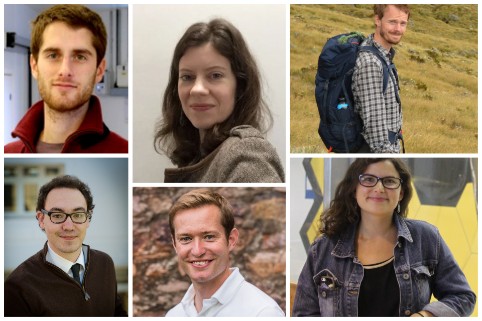
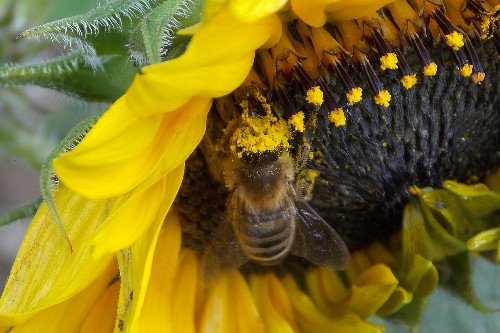
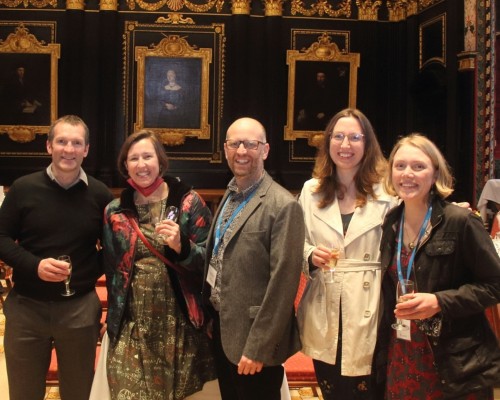
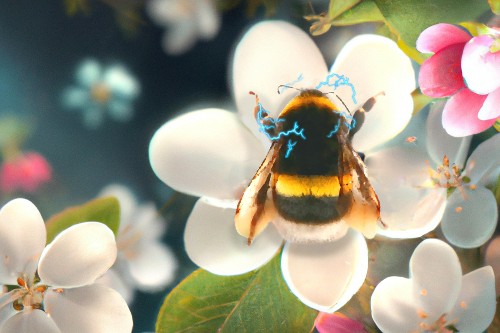
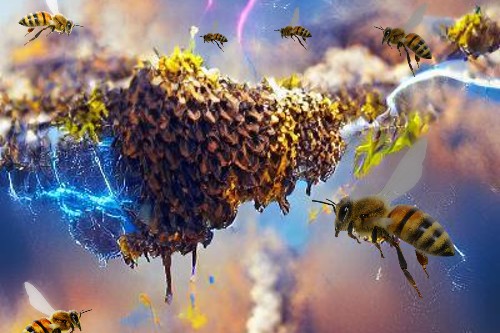
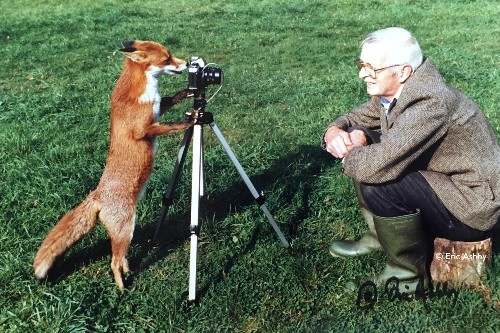
.jpeg)
